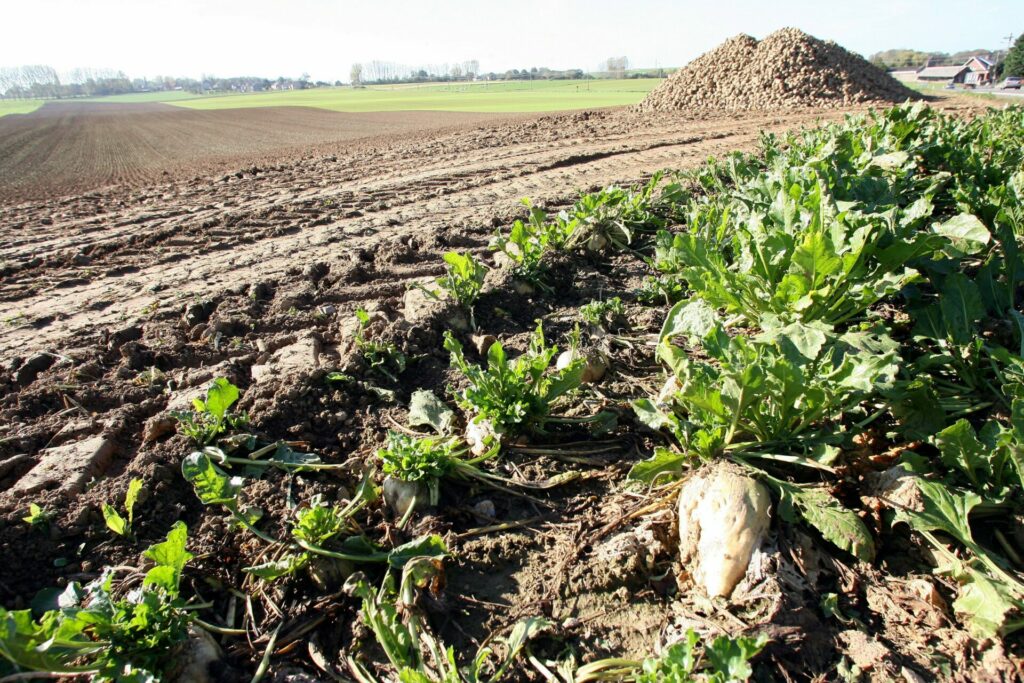The Walloon government has reviewed its soil erosion policies after the European Commission refused to grant the Region a third transitional year to align with European regulations.
Defended by Agriculture Minister Willy Borsus (MR), these new arrangements stipulate that some plots of farmland will only have to have a nine-metre strip of soil at the bottom of the slope, either grassed or sown with winter cereals.
These provisions, which will be submitted to the European Union, will apply from 1 January 2024 until 31 December 2026, according to a press release from Borsus.
In addition, to prevent problems of erosion and mudflows, the regional authorities, in consultation with its towns and municipalities, will provide farmers with support from "erosion advisors." This will be in place from 1 January for a period of two years.
As part of the new Common Agricultural Policy (CAP), the Commission is linking the granting of agricultural subsidies to a reduction in the risk of soil erosion.
To this end, it is imposing a series of preventive measures on farmers according to the slope of their fields, but also on the length of the plots, the characteristics of the soil and the average intensity of local rainfall.
Related News
- Climate change affects 77% of Walloon farmers, study shows
- Two thirds of soils in Europe are in bad condition, says EU report
This represents a major change for farmers as, until recently, the risk of erosion was in fact characterised solely by the slope of agricultural grounds.
Earlier this summer, several hundred Walloon farmers took to the streets of Namur to denounce these new constraints, for which the Walloon Region had obtained two years of transitional arrangements from the European Commission.
But last month, the European executive indicated that this exemption should not in fact have been granted.

